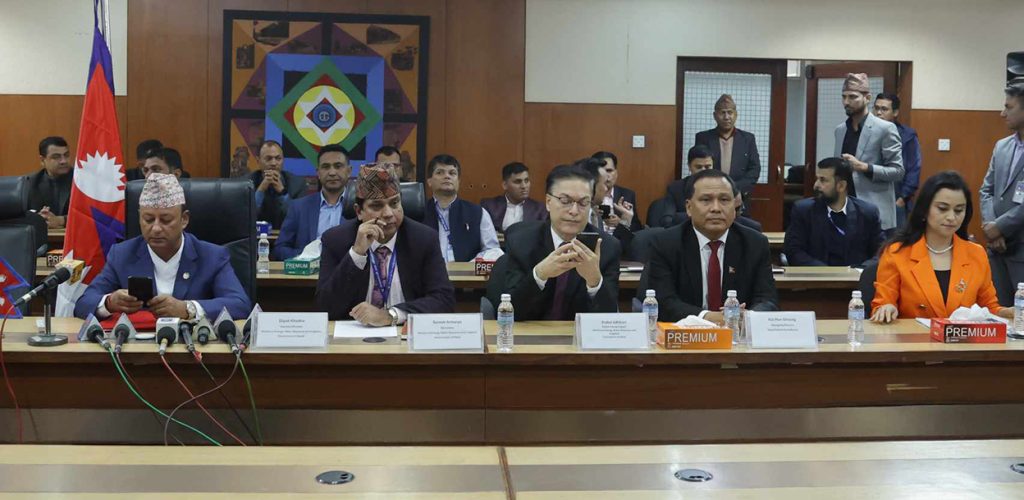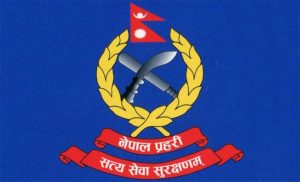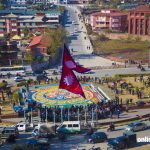
Kathmandu, August 7
Nobel laureate Muhammad Yunus has expressed his readiness to lead an interim government in Bangladesh.
This development comes after Prime Minister Sheikh Hasina resigned and left the country. On Monday, the Chief of the Army in Bangladesh announced in a press conference that an interim government would be formed.
On the same evening, President Mohammad Shahabuddin held discussions with various leaders, during which he announced the formation of an interim government, the declaration of new elections, and the lifting of the curfew. He also ordered the release of opposition leader Khaleda Zia and all students arrested during the protests.
Student leaders who led the protests have stated they will not accept an interim government led by the military.
In a video released on the social media platform Facebook, the student leaders proposed an interim government led by economist Muhammad Yunus. They also urged the president to dissolve parliament by 3 pm.
“We call on the citizens to ensure this movement is not hijacked,” the student leaders said. They also mentioned that the names proposed for the interim government would be announced soon.
Meanwhile, news agency Reuters reported that Nobel laureate Yunus has accepted the proposal to become the chief advisor of the interim government. Quoting his spokesperson, Reuters reported that Yunus would return to Bangladesh after a routine health check in Paris. He had been in France at the invitation of the Olympic Committee.
Bangladesh’s daily newspaper, The Daily Star, quoted Yunus saying, “When I was first contacted by the students, I did not accept. I said I had a lot of work to do. But the students repeatedly requested me.”
He stated, “The students and the citizens of the country have made many sacrifices,” adding that he was ready to take responsibility. Yunus also mentioned that he would soon return to Bangladesh.
Yunus is a rival of the ousted Prime Minister Sheikh Hasina. The 84-year-old is known as the “banker to the poor.”
He founded Grameen Bank and microfinance institutions targeting those living below the poverty line. For this, Yunus and Grameen Bank were awarded the Nobel Peace Prize in 2006.
In January, a Bangladeshi court sentenced Yunus to prison for violating the country’s labour laws. However, he criticised the charges as politically motivated.
Following Sheikh Hasina’s resignation and departure, the Bangladeshi military has taken the initiative to form an interim government. However, the leadership of this interim government has not yet been finalized.
Moreover, President Mohammad Shahabuddin of Bangladesh has dissolved the parliament.
In a statement, President Shahabuddin announced, “The 12th Parliament has been dissolved with the agreement of the Bangladesh Army, top leaders of various political parties, civil society, and student movement leaders.”
A press release from the President’s Office also noted the release of opposition leader Khaleda Zia from prison.
At least 300 people have died during the two-month-long protests against the decision to provide reservations for the families of freedom fighters.
























